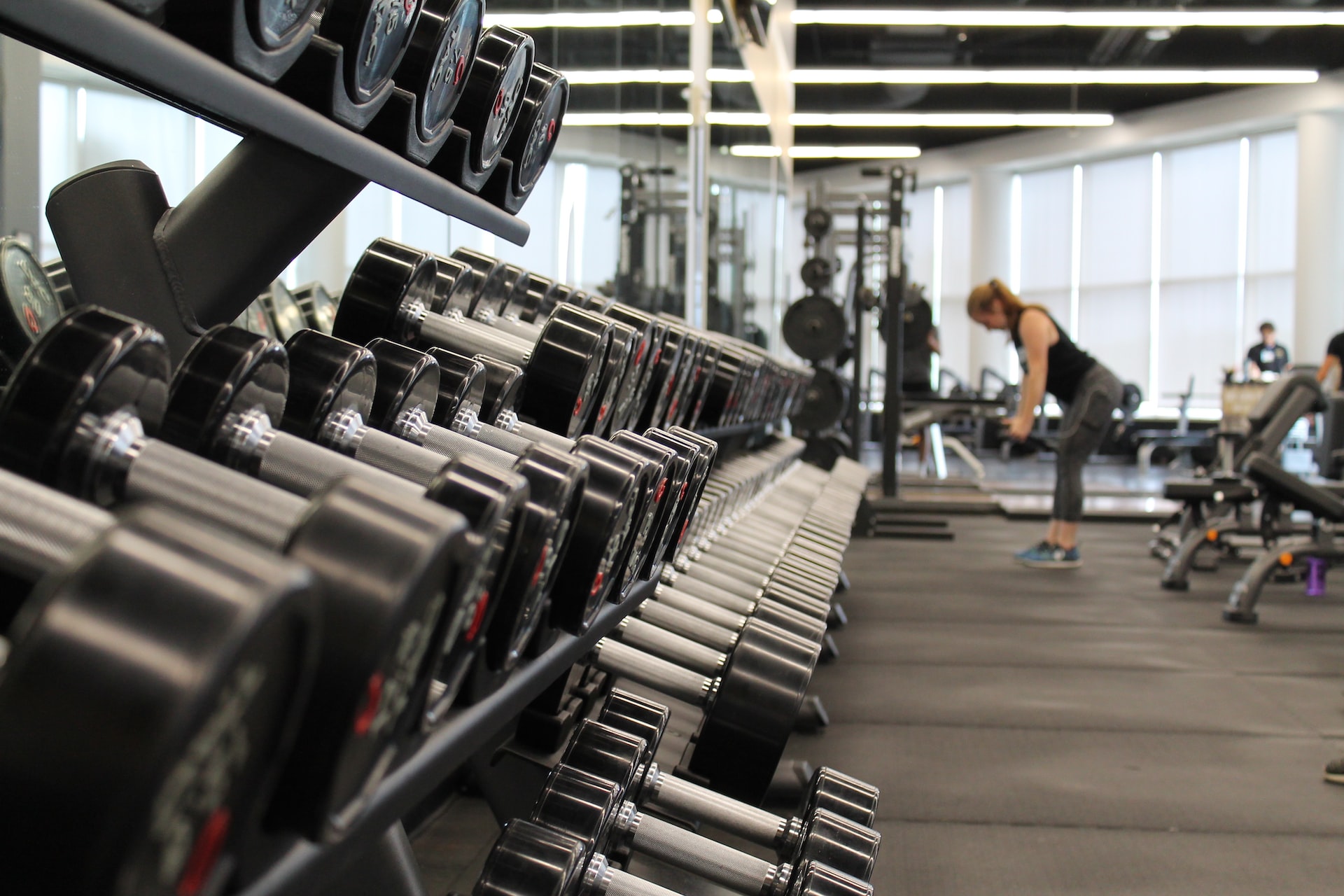The shelves of nutritional supplement shops are overrun with goods like protein powders, creatine, amino acids, mega-dose vitamins, and weight reduction aids and energy boosters, all of which promise quick, almost supernatural effects. While athletes put in a lot of effort to achieve their objectives, many people are curious as to whether or not supplements give them an advantage. They can, and often do, but there are a few things to consider before taking supplements.
Students can learn which kinds of supplements improve various performance levels through nutrition courses or a sports nutrition certificate. For instance, an endurance runner would add a different combination of supplements to their diet than a weightlifter who is focused on body composition, and vice versa. Additionally, important considerations include dosages, side effects, and the time of day a supplement is used.
In sports nutrition, the appropriate use of sarms achat supplements is a hotly contested topic, and occasionally, the staff at the neighborhood nutritional supplement store may not be able to provide us with the most correct advice.
 Let’s examine some of the most well-liked dietary supplements for athletes and analyze the benefits and drawbacks of each:
Let’s examine some of the most well-liked dietary supplements for athletes and analyze the benefits and drawbacks of each:
Protein
The most crucial nutrition for athletes, according to research, is protein. Protein supplements are typically obtained as powders, however occasionally they also come in tablet form. Since there are so many different protein powders available, it’s simple to incorporate one into any athlete’s eating plan.
Each type of protein powder has its own advantages and disadvantages, such as whey, egg whites, or soy. For instance, whey protein is frequently utilized to build muscle because its quick rate of digestion encourages the growth of lean muscle. It can also suppress hunger and aid in weight loss.
The drawback is that many businesses concentrate on flavor rather than nutrition when creating protein powders, and as a result, their product may be loaded with sugar and flavorings that would prevent the growth of lean muscle.
Creatine
It is believed that the body contains creatine as a naturally occurring substance. As a common performance enhancer, synthetic creatine is frequently consumed as a powder that is dissolved in a glass of water or juice. Athletes that take this supplement report having more energy and seeing an improvement in muscle size.
Scientific research has demonstrated that creatine enhances athletic performance throughout demanding exercises and activities. It also has the advantages of being a low-risk product and being reasonably priced.
However, excessive creatine use may put strain on the kidneys’ and bladder’s ability to operate normally. Additionally, it has been noted that not everyone metabolizes creatine in the same way, meaning that for some individuals, creatine may not even deliver the claimed energy boost.
Vitamin Additions
Any nutritional mistakes that athletes make can be made up for with vitamin supplements. The body need vitamins to carry out numerous crucial tasks, including:
- taking in food
- vision controlling the nerve system
- heart activity
It can seem sensible for athletes to take many vitamin supplements due to their occasionally demanding training schedules, but that isn’t always the case.
When consumed in large doses, some vitamins, such as A, B-6, C, and D, can result in toxicity symptoms. For instance, high amounts of vitamin C might result in cramping in the stomach and more than 10mg of vitamin B-6 per day can cause numbness in the limbs and legs. Since there is no better source for vitamin intake than a healthy, balanced diet, students who have finished training in sports nutrition and weight management can work with athletes to build a solid meal plan instead of using vitamin supplements.




